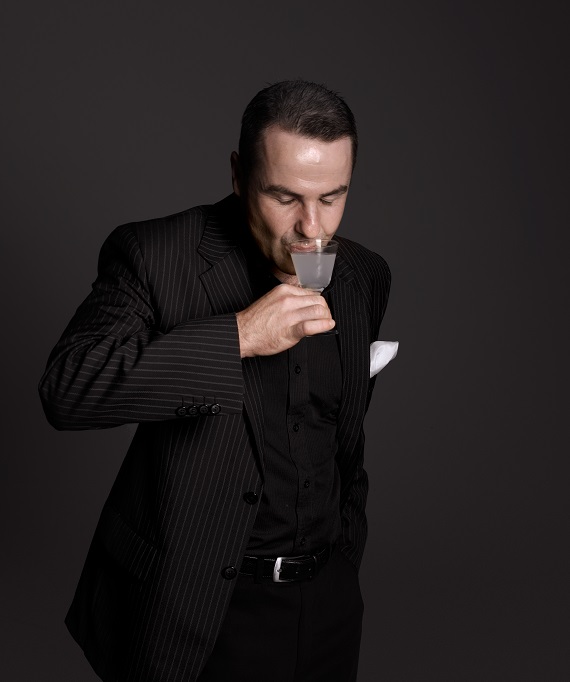THERE WAS A MINOR ONLINE KERFUFFLE a couple of months ago when Fancy Bar X in New York opened and press releases talked lovingly of its “perfectly pre-mixed, pre-diluted and pre-chilled” Martinis, served from decanters kept in a very cold fridge. Fully a dozen people, including one or two food journalists, got into it on Twitter, debating the rights and wrongs of the practice. Critics said it detracted from the bar experience. Fans said it enabled both guests and bartenders to focus on socialising and the experience of the bar without getting bogged down in making Martinis to order. None of them, for the record, had actually tasted one of the aforementioned Martinis at Fancy Bar X. The internet is fun, isn’t it?
Speed has long been a way – often THE way – in which the quality of a bartender is defined by guests. Most guests cannot really tell if a cocktail is well-made or slightly off, or even if a bartender is pouring accurately, but they can see if their drinks are made quickly. Bars are odd places – we go there to hang with our friends but often find ourselves alone at the bar, ordering drinks while separated from the pack. That isolation makes us nervous, for we are herd animals. A fast bartender enables us to rejoin the warm embrace of our posse quicker. To stand at a bar and watch a professional work with speed and skill is one of life’s little pleasures. The first bar management book ever, by Harry Johnson in the late 1800s, had an emphasis on how bar design and bartender training work together to ensure fast service.
But there is more to it than speed. The body language of a team of bartenders has a big effect on the vibe of a bar. If they are all feverishly banging out drinks like overtaxed lunatics, the drinks will (hopefully) come out quickly, but it won’t be a very nice or relaxing bar to hang out and drink them at. A professional bartender adheres to the Swan Theory: exuding serenity on the surface, paddling like billy-o beneath. Every bartender should be obsessive about speed, trying to shave a second or two off every single drink, every single time it is made, without sacrificing accuracy, hygiene or clean-as-you-go. Bar managers and owners should scrutinise every step of the production process to see if design or hardware can speed things up. In a modern cocktail bar, where more or less everyone is drinking cocktails, more than about 25 guests per bartender results in unacceptably slow service – I live in hope of seeing a bar that successfully hacks this algorithm. But hospitality is, after all, the art of the possible, not the perfect – us humans are imperfect beings. Grab that decanter out of the fridge, will you? I fancy a Martini.



